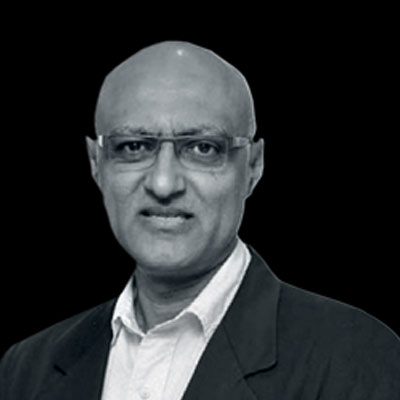
TECHNOLOGY FOR RURAL
SESSION VIDEO
SESSION OUTLINE
Technological solutions are the need of the hour to transform rural markets. The role of technology has increased significantly with the advent of intelligent technology and data-backed devices in rural markets. Technology plays an increasingly significant role in helping solve some of the world’s most extraordinary development and humanitarian challenges. The new world of ICT, big data, machine learning, are the new driving force behind leveraging technology for good; harnessing this very aspect, significant advancements have been made on some of the toughest issues outlined by the UN Sustainable Development Goals.
This session brought forth discussions between practitioners who provided a ringside view on solutions that can transform lives, livelihoods, and rural societies and what underlying incentives and support systems can make this possible.
Technology is a tool to explore new, productive value creation opportunities while delivering sustained quality of life services to advance human dignity. Various aspects such as health, education, job security can be provided sustainably using technology.
PANEL

Srikanth Nadhamuni
CEO, Khosla Labs and Chairperson, Novopay

Hemendra Mathur
Venture Partner, Bharat Innovation Fund

Sunandan Madan
Co-founder, Dhwani Rural Information Systems

Neha Verma
Co-Founder and Chief Executive Officer, Intelehealth

Kate Kuo
Program Officer, Digital Farmer Services, Bill & Melinda Gates Foundation
SESSION TAKEAWAYS
DIGITAL DIVIDE BETWEEN BHARAT AND INDIA
The digital divide between Bharat and India is talked about a lot. We see undercurrents of innovations in rural India. Is a farmer ready for new technology in rural India? The answer in today’s rural India is definitely yes, given that you provide a solution that directly impacts farmer incomes. Around 15 million farmers have adopted some form of agri-tech to increase their income levels. Technology can form the bridge between urban and rural India if it is utilized well.
DESIGNING ROBUST TECHNICAL INTERVENTIONS
Well-designed digital interventions can make a massive impact in rural India. The use cases seen for Aadhaar linked NREGA payments are an example in that direction. Before Aadhaar, payments were made through intermediaries and women didn’t have access to banking institutions or would not even visit town/district headquarters. Aadhaar integration changed this because of the fingerprint technology; women started acquiring the financial rewards directly.
YOUNG STARTUPS CREATING TECH IMPACT
The exciting new world of ICT, big data, machine learning-powered by prodigious young talent are the driving force of technology for good; significant advancements have been made on some of the toughest issues outlined by the UN Sustainable Development Goals. With technology coming to the forefront for engaging rural India, there needs to be an aggregation of backend datasets and customising it to the individual farmers, residents, and various other users.
"Technology has the ability to share information faster and cheaper at wider scale with more standardization and more customization. This produces customized content for the small-scale producers."
- KATE KUO
"Well-designed digital interventions will make massive impact. In the case of Aadhaar, the return on investment of a project like that was massive and the very very first pilot across India basically paid back the entire cost of the project."
- SRIKANTH NADHMUNI
"How do you build public digital goods and make it available to organisations who directly deliver it to beneficiaries. The digital system would need to be more plug and play in that case."
- SUNANDAN MADAN